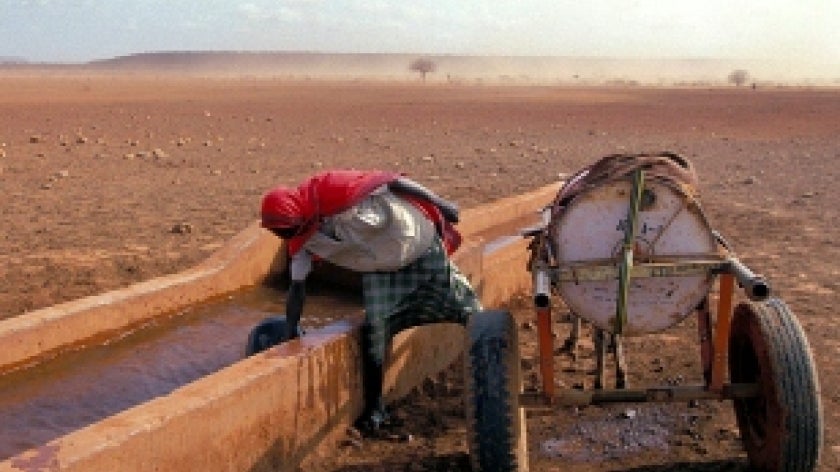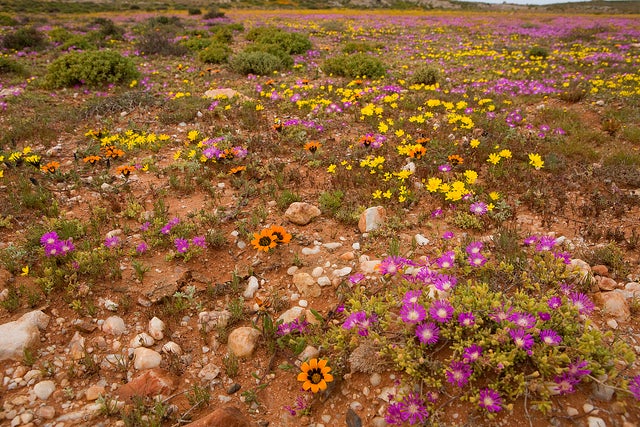

“The Global Environment Facility seeks to take an increasingly holistic approach to environmental threats, and land degradation and desertification are areas where our support in a single project can touch upon multiple environmental issues – from biodiversity and climate change, to soil erosion and the loss of arable land,” Ms. Ishii said. “The Great Green Wall Initiative in Sub-Saharan Africa and other projects that the GEF supports in all affected regions are critical not only to the environment but to lives and livelihoods in communities. The 2013 World Day to Combat Desertification appropriately recognizes the importance of international efforts to halt desertification.”
This year’s World Day to Combat Desertification focuses particularly on freshwater resources. These are coming under more and more stress due to human activities. Human-induced climate change threatens to further worsen water security at all levels. The GEF’s efforts to combat desertification in 25 countries in the drylands will prevent more than 1 million hectares of production lands from the risk of desertification. Joint action between United Nations Convention to Combat Desertification (UNCCD) and the GEF will remain crucial for supporting efforts to prevent, control, and reverse desertification in the context of global environment benefits and sustainable development.
About the GEF
The GEF unites 183 countries in partnership with international institutions, civil society organizations (CSOs), and the private sector to address global environmental issues while supporting national sustainable development initiatives. An independently operating financial organization, the GEF provides grants for projects related to biodiversity, climate change, international waters, land degradation, the ozone layer, and persistent organic pollutants.
Since 1991, the GEF has achieved a strong track record with developing countries and countries with economies in transition, providing $11.5 billion in grants and leveraging $57 billion in co-financing for over 3,215 projects in over 165 countries. Through its Small Grants Programme (SGP), the GEF has also made more than 16.030 small grants directly to civil society and community-based organizations, totaling $653.2 million.
About UNCCD
Established in 1994, UNCCD is the sole legally binding international agreement linking environment and development to sustainable land management. The Convention addresses specifically the arid, semi-arid and dry sub-humid areas, known as the drylands, where some of the most vulnerable ecosystems and peoples can be found. In the 10-Year Strategy of the UNCCD (2008-2018) that was adopted in 2007, Parties to the Convention further specified their goals: "to forge a global partnership to reverse and prevent desertification/land degradation and to mitigate the effects of drought in affected areas in order to support poverty reduction and environmental sustainability".
The Convention’s 195 parties work together to improve the living conditions for people in drylands, to maintain and restore land and soil productivity, and to mitigate the effects of drought. The UNCCD is particularly committed to a bottom-up approach, encouraging the participation of local people in combating desertification and land degradation. The UNCCD secretariat facilitates cooperation between developed and developing countries, particularly around knowledge and technology transfer for sustainable land management.
Stay Connected
- www.facebook.com/thegef1
- www.twitter.com/theGEF
- www.youtube.com/GEFSecretariat
- www.flickr.com/theGEF
- www.thegef.org/gef/gefrss
- www.issuu.com/thegef
- www.linkedin.com/company/global-environment-facility